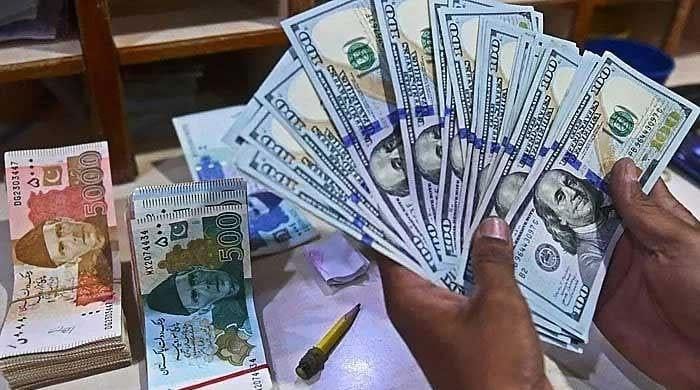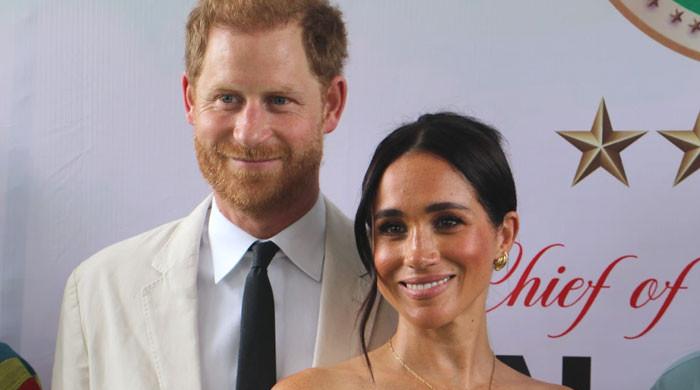- The rupee is expected to trade within a range next week.
- The local currency closed at 278.12 against the dollar on Friday.
- Traders anticipate that entries and exits will remain balanced.
KARACHI: According to analysts and traders, the Pakistani rupee will trade within a limited range against the US dollar next week. The outlook depends on the balance between supply and demand of dollars in the market, along with upcoming economic news.
As expected, the rupee appreciated slightly during the short week on optimism surrounding Pakistan's agreement with the International Monetary Fund (IMF) for a new $7 billion loan programme.
On Monday, the rupee closed at 278.11 per dollar in the interbank market. On Friday, it closed at 278.12. Markets were closed on Tuesday and Wednesday for the 9th and 10th of Muharram (Ashura).
“We expect dollar inflows and outflows to remain balanced and positive economic developments will boost investor sentiment,” said a currency trader.
“We expect the rupee to remain relatively stable next week,” the trader added.
Pakistan's current account deficit fell to its lowest level in 13 years in the last fiscal year due to a narrowing trade deficit and rising remittances.
The country posted a current account deficit of $681 million in FY24, the lowest since FY2011, down 79 percent from the $3.3 billion deficit in the previous year.
The central bank's foreign exchange reserves rose by $19 million to $9.424 billion as of July 12.
According to a Tresmark note citing analysts' views on how the IMF deal could impact Pakistan's economy, the IMF deal is expected to unlock further financing from other international financial institutions and bilateral partners, which is essential for Pakistan to meet its external obligations.
The agreement is expected to help stabilise the Pakistani rupee and bolster foreign exchange reserves, providing much-needed protection against economic shocks, he added. There are doubts about Pakistan's ability to meet the strict conditions imposed by the IMF, based on a number of factors.
“Pakistan’s political landscape and social challenges add layers of complexity to the successful implementation of IMF conditions,” he said.
“Moody's notes that Pakistan has historically had difficulty implementing structural reforms required by IMF programmes, casting doubt on the effectiveness of the current arrangement,” it added.
Finance Minister Muhammad Aurangzeb has highlighted the government's continued efforts to secure avenues for external financing, which will be pursued through diversified sources of funding and building on sound economic reforms.
Originally published in The News












